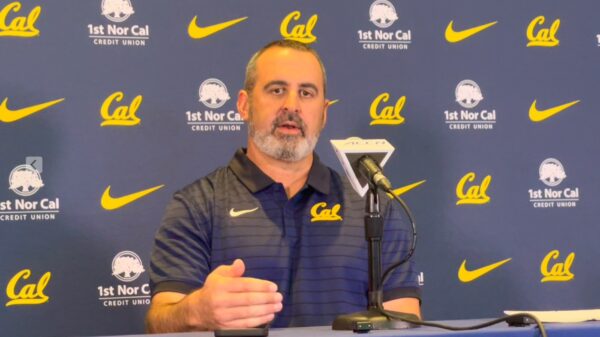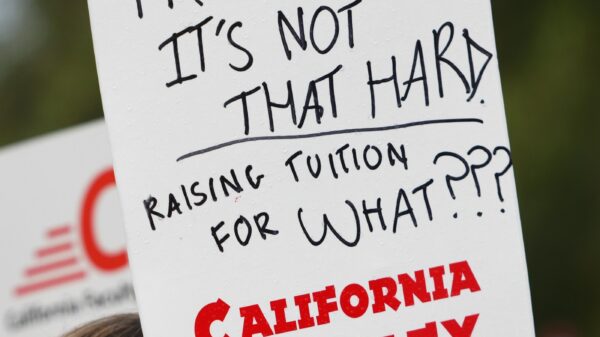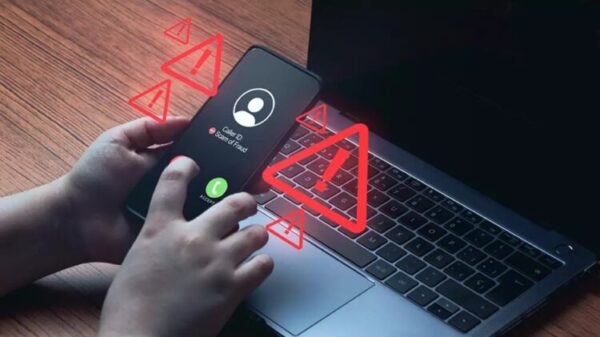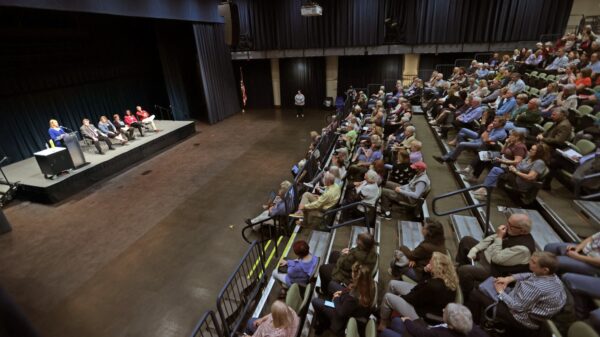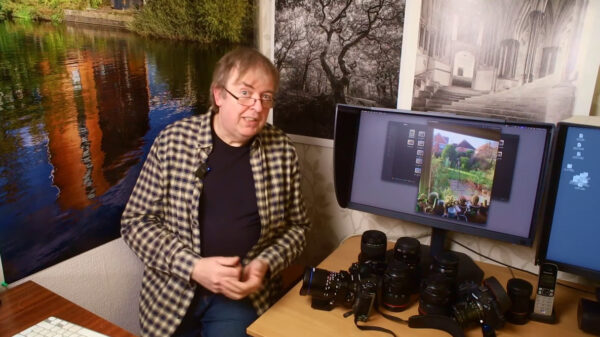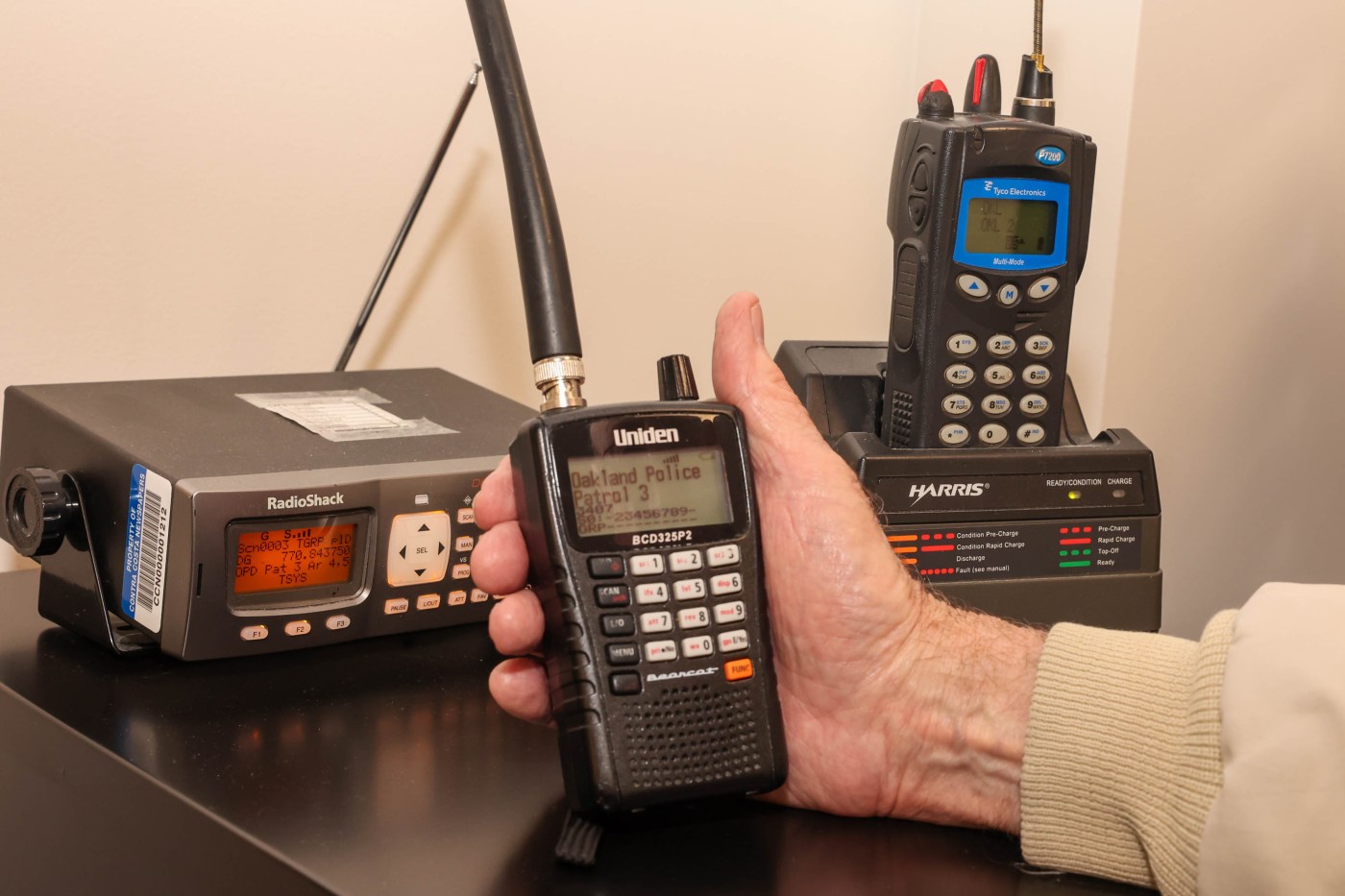UPDATE: The Oakland Police Department is set to silence its radios, cutting off public access to crucial real-time information starting at 4 a.m. on September 27, 2023. This significant move raises alarms among accountability advocates and local officials, who argue it undermines transparency in law enforcement operations.
Beginning Wednesday, citizens will no longer have the ability to listen in on police communications regarding emergencies, including earthquakes, traffic stops, and various crimes. This decision, confirmed through an internal email, is seen as a drastic step back for community oversight, especially for a department still under federal scrutiny for past misconduct.
State Senator Josh Becker expressed deep concern, stating, “I’m very upset and disappointed. We need accountability and transparency. The public has had access to this for more than 100 years.” Becker has long advocated for legislation to limit encryption of police communications, emphasizing that public access has historically worked to enhance transparency.
Shockingly, this encryption plan reportedly took Oakland Mayor Barbara Lee by surprise. Elected only a week before the announcement, she vowed to investigate the decision, underscoring her commitment to transparency. “Transparency is very important to me,” Lee stated.
This shift comes amid a broader trend in California, with several cities—such as San Francisco and San Jose—also moving to restrict public access to police radio traffic. However, Oakland stands out as the only department implementing this change under the oversight of a federal judge and monitor due to ongoing reform efforts stemming from past scandals.
Civil rights attorney John Burris, who has represented plaintiffs in police misconduct cases, condemned the encryption as “disturbing.” He highlighted that open radio traffic serves as a vital check on police behavior, offering immediate insight into how officers respond to incidents. Burris warned, “You get in more trouble when police officers can operate in more secrecy. This is an approach that’s sort of going backwards.”
The Oakland Police Department justified the move as necessary for the safety of both officers and the community. A spokesperson stated that encrypting communications is crucial for “strengthening operational security.” They referenced a 2020 memo from then-Attorney General Xavier Becerra, which encouraged law enforcement agencies to protect sensitive information but did not mandate radio encryption.
While several departments, including those in Livermore and Walnut Creek, have adopted similar policies, some agencies like the Palo Alto Police Department have reversed their decisions to encrypt radio chatter, citing alternatives for transmitting sensitive information.
Oakland City Administrator Jestin Johnson assured the public that the city remains committed to transparency, pledging to expedite requests for radio recordings from the media. However, the city has faced criticism for its slow response to records requests, leading to lawsuits aimed at improving accountability.
Legal experts warn that this shift toward secrecy could have far-reaching implications for public trust in the police. Advocacy director of the First Amendment Coalition, Ginny LaRoe, emphasized the importance of open communication during emergencies, stating, “The public has benefitted for decades from the ability of reporters and photographers to track volatile, fast-moving situations.”
As public backlash grows, the Oakland Police Department’s decision to encrypt its radio communications is poised to become a focal point in the ongoing debate over police transparency and accountability. With the encryption set to take effect imminently, community members and leaders alike are left to grapple with the potential consequences of this significant policy change.
Stay tuned for updates as this story develops.


